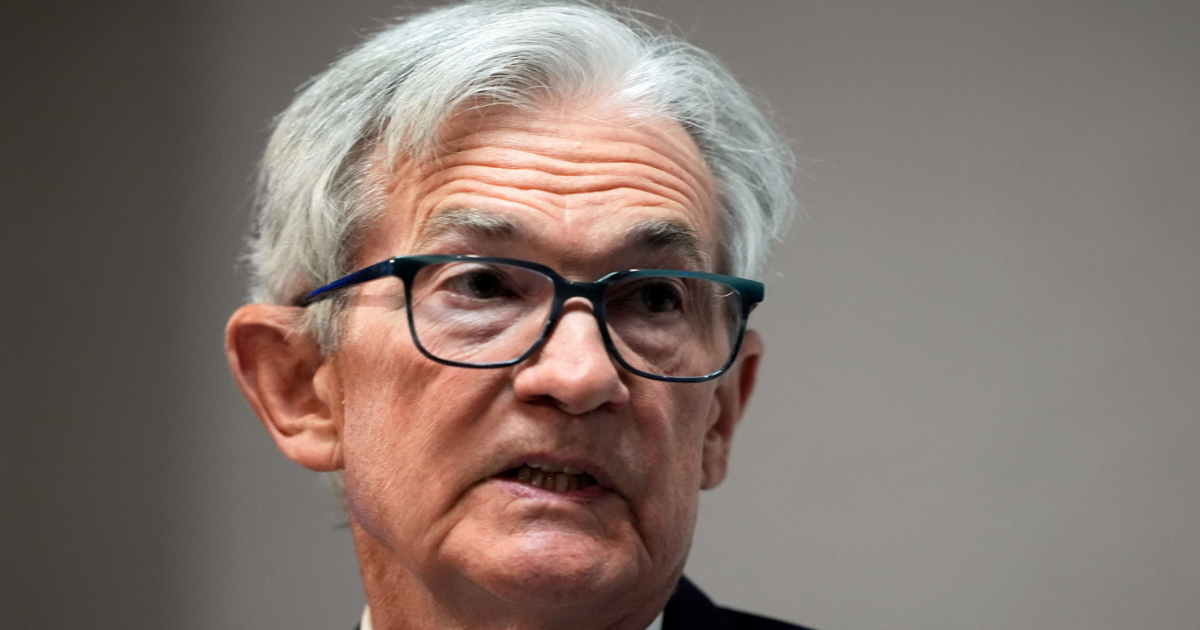Federal Reserve Chair Jerome Powell said Friday that President Donald Trump’s sweeping new tariff regime will likely have a much more substantial impact on the economy than he’d previously expected, given its size and scope.
In his first remarks since Trump announced new duties on countries around the globe, the Fed chief said there is a high risk of both greater unemployment and more inflation.
“While uncertainty remains elevated, it is now becoming clear that the tariff increases will be significantly larger than expected,” Powell said at an event hosted by the business journalism group SABEW. “The same is likely to be true of the economic effects, which will include higher inflation and slower growth.”
Those simultaneous risks are dangerous territory for the central bank, which doesn’t have tools to fight both of them simultaneously: A slowing economy would call for lower interest rates, while rising prices could call for rates to stay high — or go higher. They also heighten the political risk for Powell himself, as Trump has said on multiple occasions this year that rates should go lower.
Powell’s assessment will be taken as a particularly important signal as financial markets continue their convulsions over the ripple effects of the new tariffs, which begin to take effect Saturday. His words matter both because investors are listening closely for signs of how and when the Fed might intervene to help the economy, and because the central bank takes a technocratic rather than partisan approach to assessing the outlook.
Powell, a frequent target of Trump’s criticism, underscored that he doesn’t see the central bank’s role as commenting on administration policies, but to assess their effects and respond appropriately.
Trump does not hesitate to comment on Fed policy. He did so again Friday morning, saying in a post on Truth Social that it would be a “PERFECT time” for Powell to cut rates.
“He is always ‘late’, but he could now change his image, and quickly,” Trump wrote. “CUT INTEREST RATES, JEROME, AND STOP PLAYING POLITICS.”
Markets are currently pricing in overwhelming odds that the Fed will cut rates later this year as the economy weakens markedly, but for now, Fed officials are holding borrowing costs steady as they wait for more concrete signs of how new policies are feeding into economic activity. The labor market has been holding up well, ahead of the tariffs, adding a robust 228,000 jobs in March.
The Fed might not need to react to higher prices from tariffs. It will depend in part on whether higher costs due to tariffs lead not just to a one-time price adjustment, but more continuously rising prices.
“While tariffs are highly likely to generate at least a temporary rise in inflation, it is also possible that the effects could be more persistent,” Powell said. “Our obligation is to keep longer-term inflation expectations well anchored and to make certain that a one-time increase in the price level does not become an ongoing inflation problem.”


